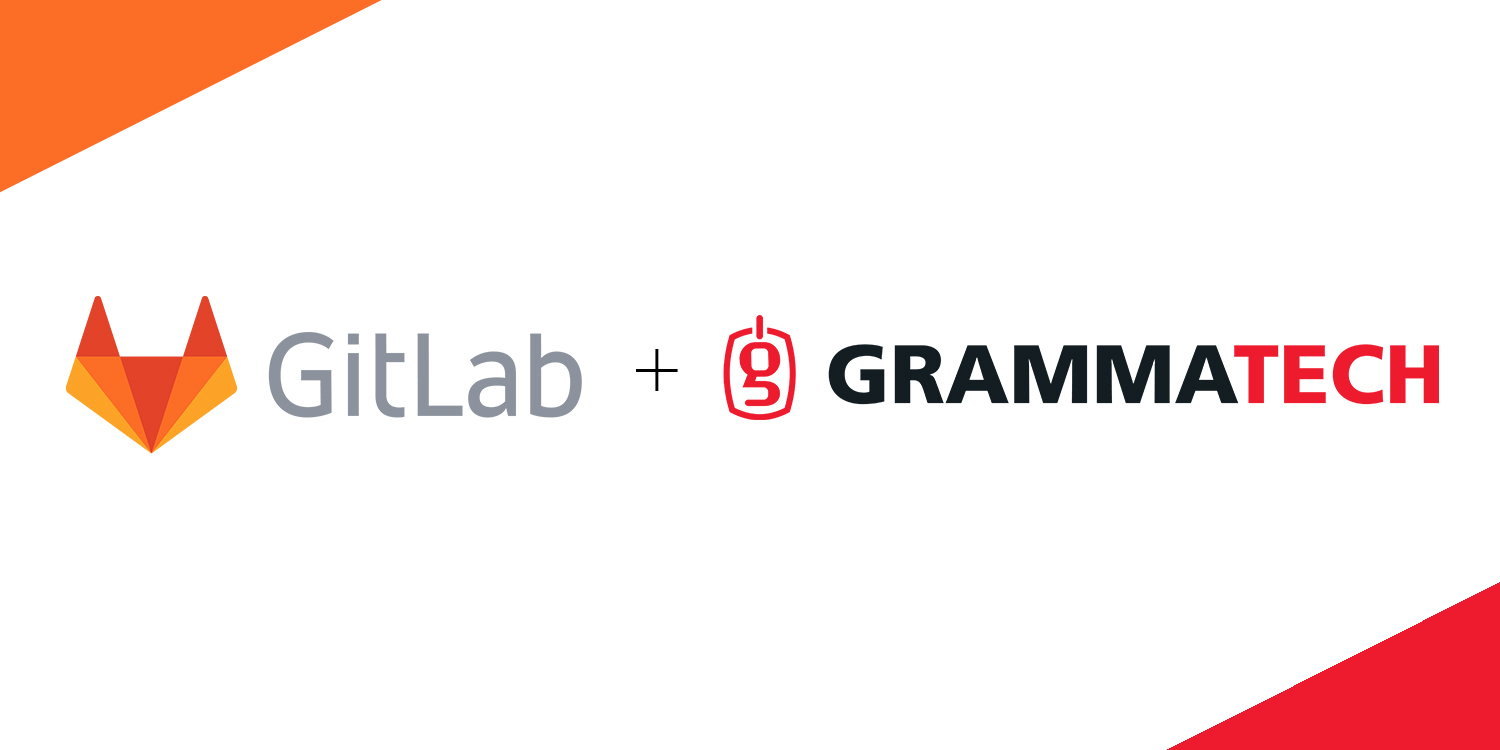
These are unusual times for businesses around the world and the people that work in them. All of a sudden, we have all the time in the world, while simultaneously, a lack of it while we adjust to working from home and the challenges that come from that.
From GrammaTech’s perspective we are trying to do what we can to assist our customers to ride this storm out.
Most of our customers are working from home and that is what I want to focus on in this blog post. This requires some sort of remote-work IT infrastructure and there are multiple ways to configure this. It depends on whether you have a virtual desktop environment, whether the compute power is in your employer’s building, or whether it is much more of a disconnected environment, where you get your code from a git server and compile it on a local computer.
There are many different situations and in this blog I’ll walk through some of them and give some pointers as to how to configure GrammaTech CodeSonar to support your work from home environment.
Situation 1: Virtual Desktop
In this case, not much needs to change. You are basically logged into remote compute facilities, the same as when you are working at your desk in the office.
One possible difference here is if you are logging into a machine in the office and all your work is done through the command line interface (CLI) through text terminals over ssh. However, if the CLI is your normal way to use CodeSonar, you should see no difference.
Situation 2: A VPN
A VPN allows your local laptop or a desktop to connect to the corporate network over the internet, it’s like your company’s network is extended to include your dining room table.
In this situation you can use your computer to do builds, while still being able to use the team’s Jenkins server, for example, to kick off builds on a build server at the office. In this case, the results are sent to a central CodeSonar hub, as long as you have connectivity to that hub, you can make the same progress as if you were in the office.
Situation 3: No Connectivity into the Office
This is a more difficult situation, whether you have a local copy of your code, or perhaps code stored in a private git repository. However, CodeSonar needs access to the central hub to work and that may not be available.
If this is your scenario, then please connect with your GrammaTech contact or local distributor. They can provide you with the capability to run CodeSonar locally, allowing you to make progress. You can still do code development, submit your results to your local hub, perform assessments and then, at a later point, you can synchronize your local static analysis results and assessments to the central hub. This can happen as often as you need, whether that is once a week, or more or less, depending on your needs.
Situation 4: Something Else
Do you have a different situation? Please reach out to your GrammaTech contact or local distributor, or connect via support@grammatech.com or through community.grammatech.com. We are here to help you be as efficient as possible during these unusual times.
Interested in learning more? Read our guide on “Integrating Static Analysis into Existing Projects”
{{cta(‘81380c52-1927-4f52-b38c-9d17588d8004’)}}